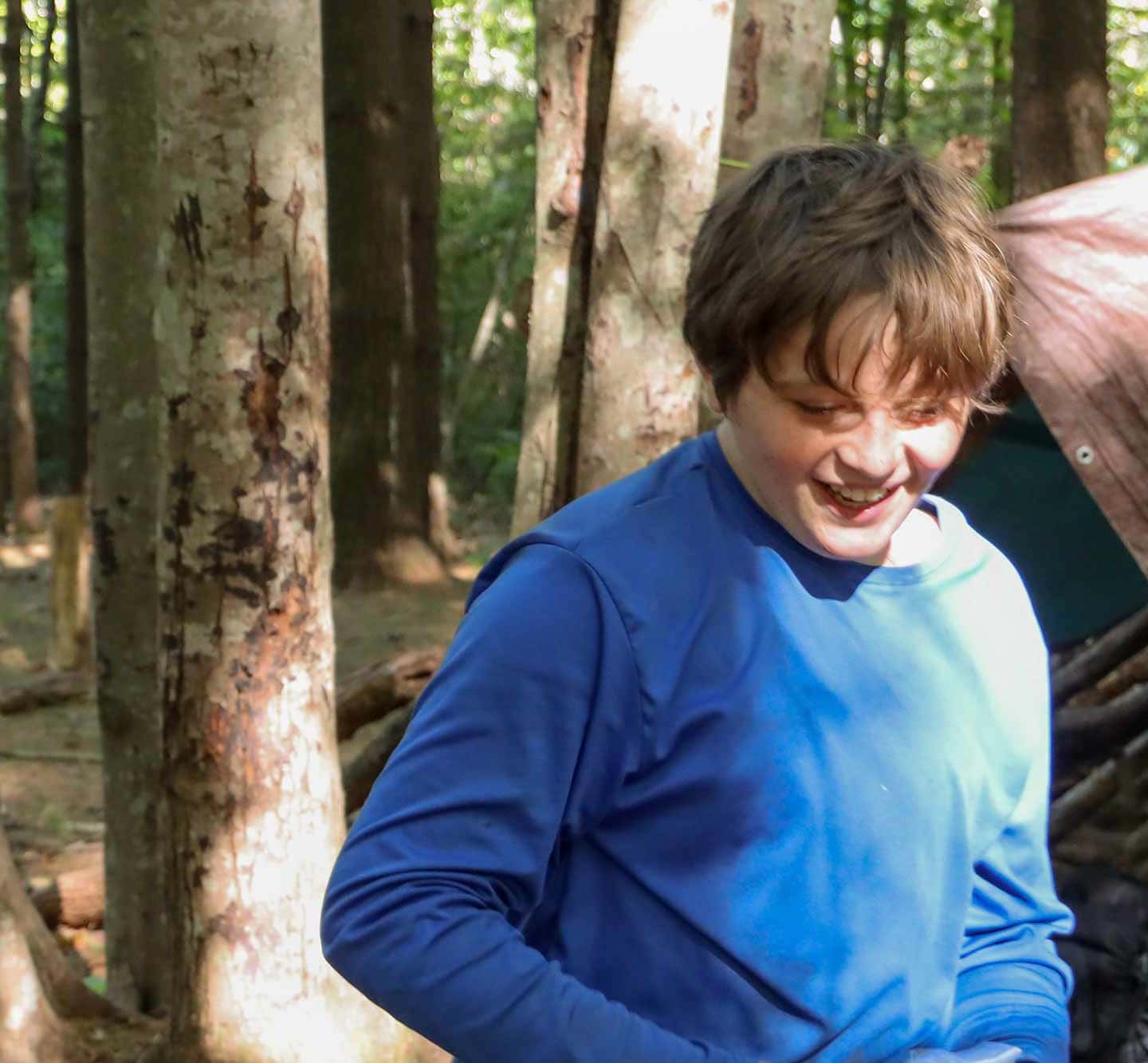Understanding Your Teen with Asperger's Syndrome
Asperger’s syndrome in teens, also called Asperger’s disorder, is a type of pervasive developmental disorder (PDD). PDDs are a group of conditions that involve delays in the development of many basic skills, most notably the ability to socialize with others, communicate, and use imagination. (Autism Speaks, 2012)
The prevalence of Asperger’s syndrome in teens is not well established. It is often not recognized before age 5 or 6 because language development is normal. Although Asperger’s syndrome in teens varies significantly in character and severity, it occurs in all ethnic and socioeconomic groups and affects every age group.
Experts estimate that as many as 1 in 88 children age 8 will have an autism spectrum disorder1 No studies have yet been conducted to determine the incidence of Asperger’s syndrome in adult populations, but studies of children with the disorder suggest that their problems with socialization and communication continue into adulthood. Some of these children develop additional psychiatric symptoms and disorders in adolescence and adulthood. Males are four times more likely than girls to have Asperger’s syndrome in teens.

Discover If Trails Is The Right Program For Your Child
Take our short online assessment and help us better understand how we can help your family.
Common Symptoms & Traits Of Asperger's Syndrom In Teens
- Differently developed social skills: Asperger’s syndrome in teens generally have difficulty interacting with others and often are awkward in social situations. They generally do not make friends easily. They have difficulty initiating and maintaining conversation.
- Exceptionally skilled or talented: Many children with Asperger’s syndrome in teens are exceptionally talented or skilled in a particular area, such as music or math.
- Eccentric or repetitive behaviors: Children with this condition may develop odd, repetitive movements, such as hand wringing or finger twisting.
- Untypical preoccupations or rituals: A child with Asperger’s syndrome in teens may develop rituals that he or she refuses to alter, such as getting dressed in a specific order.
- Communication difficulties: People with Asperger’s syndrome in teens may not make eye contact when speaking with someone. They may have trouble using facial expressions and gestures, and understanding body language. They also tend to have problems understanding language in context.
- Limited range of interests: Those with Asperger’s syndrome in teens may develop an intense, almost obsessive, interest in a few areas, such as sports schedules, weather, or maps.
Trails Carolina was founded on the belief that traditional wilderness therapy programs could better serve the long-term needs of students and their families through the use of evidence-based autism therapy services with a unique, experiential approach. We combine the power of the wilderness experience with a residential base camp in order to teach, reinforce, and practice real-life skills. Our wilderness therapy programs also involve the family every step of the way.
For additional information or questions regarding Asperger’s syndrome in teens and/or therapy for teens on the autism spectrum, contact Trails Carolina at amoskovitz@trailscarolina.com.
Get started today
Contact us today to learn how Trails Carolina can help your family
Trails saved my daughter’s life. Amanda is an amazing human and a brilliant therapist. I am so grateful to her, Science Steve, and the other wonderful people who could reach my daughter at a time when I could not.
Margot Lowman August 2022
Great life changing experience for our son. After becoming addicted to gaming during covid he was very depressed. At Trails he experienced the wilderness, Science Steve, learning survival skills and top notch therapy and support etc… I highly recommend! This gave our son and our family a renewed family bond full of love and excitement about his bright future.
Winnifred Wilson July 2022
Outstanding clinical work and superb staff! There’s a great culture at this company and it shows with how they engage with families/clients.
Kristin Brace June 2022
